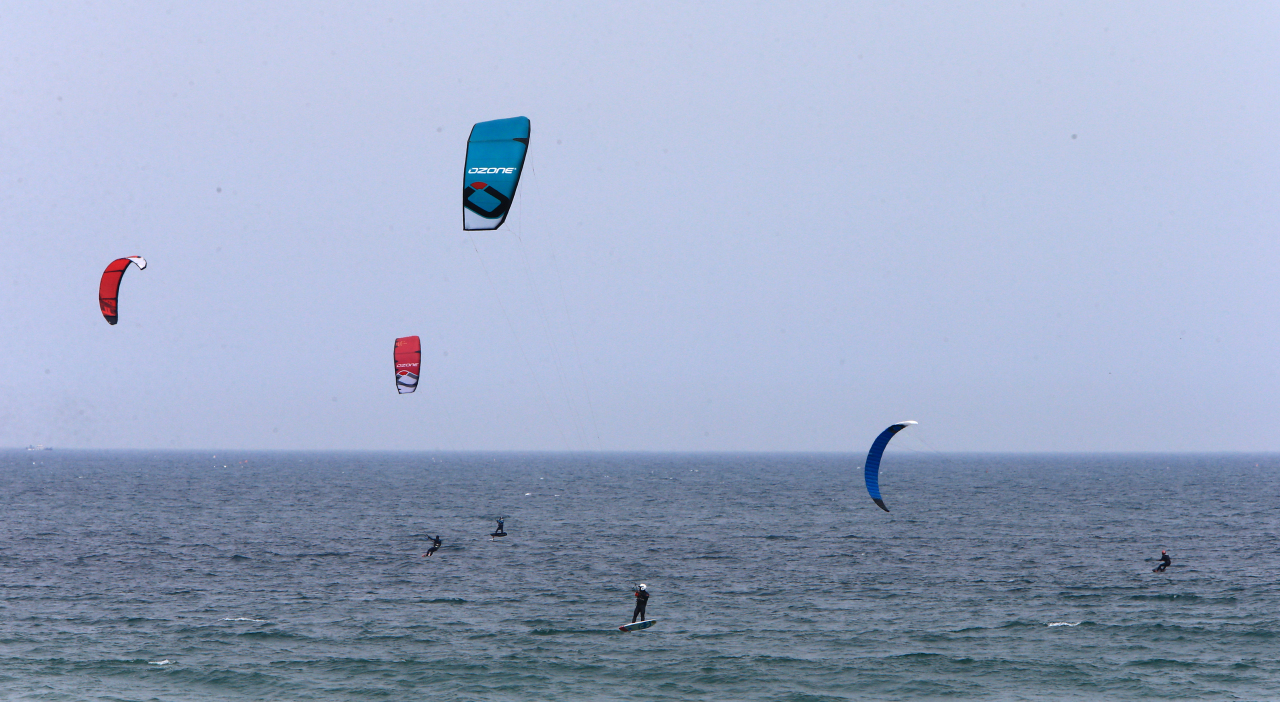This summer expected to be hotter than usual: KMA
时间:2024-09-22 01:14:16 出处:产品中心阅读(143)

According to the Korea Meteorological Administration (KMA), temperatures in June and July are likely to be similar to or higher than the average year with a probability of 40 percent each, and lower with a probability of 20 percent.
The average temperature in June is 21.1-21.7 C, and 24-25.2 C in July, the KMA said in its annual summer weather forecast, which covers June through August.
In August, the probability that temperatures will be higher than usual (24.6-25.6 C) is 50 percent, while the probability they will be similar or lower is 30 percent and 20 percent, respectively.
Low pressure and atmospheric instability will likely contribute to heavy downpours in select areas of the country with large inter-regional differences in the amount of rainfall, according to the KMA.
June will receive similar or higher volumes of rainfall than usual with a probability of 40 percent each, while July and August will see levels similar to the average year with a 50 percent probability.
The KMA noted the possibility of unexpected weather conditions caused by "atmospheric blocking," which happens when slow-moving, high-pressure systems in the upper levels of the atmosphere stall the normal progress of weather systems, resulting in prolonged periods of similar weather.
Last year, the KMA had forecast higher than usual temperatures for the summer and a heat wave in late July and early August, but the actual weather diverged widely and the country experienced its longest-ever rainy season.
"The effects of climate change can lead to unexpected and abnormal weather patterns, and in the event that blocking occurs around Lake Baikal or Mongolia or near East Siberia, cold air could travel south to South Korea and cause large movements on the barometer," the KMA said, urging people to pay close attention to its weekly and monthly forecasts. (Yonhap)
分享到:
温馨提示:以上内容和图片整理于网络,仅供参考,希望对您有帮助!如有侵权行为请联系删除!